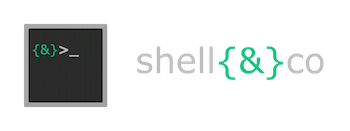Source : http://technet.microsoft.com/en-us/library/testing-for-active-directory-schema-extension-conflicts%28WS.10%29.aspx You can use ADSchemaExtensionConflictAnalyzer.ps1 (http://go.microsoft.com/fwlink/?LinkId=191133), a Windows PowerShell script, to analyze application schema extension .ldf files against a production schema and generate a report on errors, conflicts, and other warnings. For example, if an application schema extension is
Rehost an Active Directory partition on one or more Global Catalog servers
Move computer objects to another Active Directory OU
This script will be useful if you want to move computer objects in the Active Directory filtered by name to a destination OU Script : $computerstomove = Get-ADComputer -LDAPFilter “(name=Desktop00*)” -SearchBase “CN=computers,DC=domain,DC=local,DC=net” foreach ($computertomove in $computerstomove) { Move-ADObject $computertomove -TargetPath
Monitor locked out user accounts
Monitor Active Directory database backup + report sent by email
Group policy – Server access restriction
Get user group membership
Get operating system name information using Active Directory
Get group members (ADSI method)
You can use this script to get group members in the Active Directory. It is based on the ADSI method Script $root=([ADSI]””).distinguishedName $Group = [ADSI](“LDAP://CN=Domain Admins, CN=Users,”+ $root) $Group.member My Powershell script categories Active Directory Cluster Database Exchange Files and
